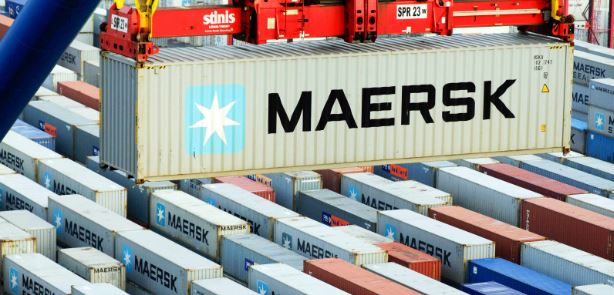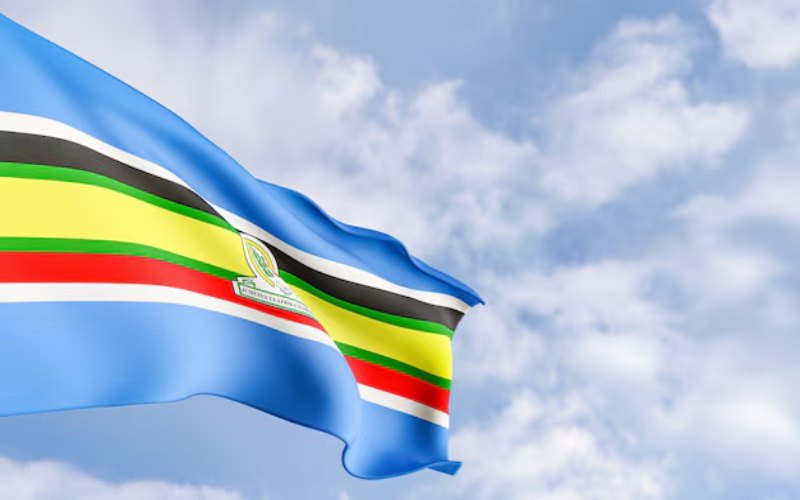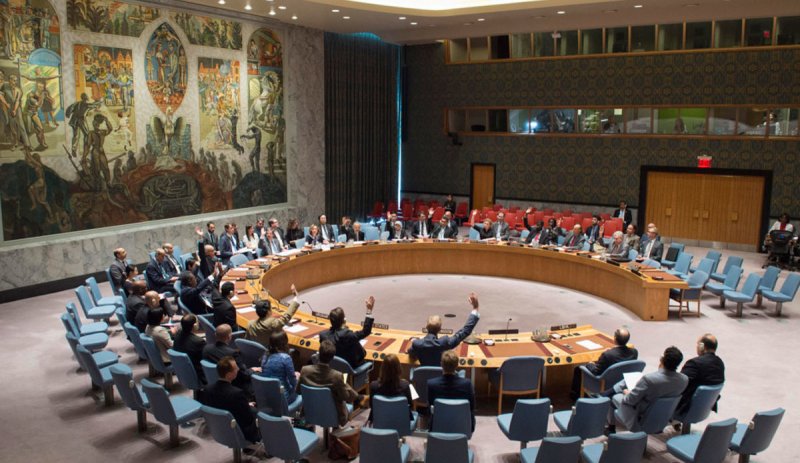Maersk suspends bookings to Djibouti, citing security risks

Global shipping giant Maersk has thrown a wrench in the Red Sea/Gulf of Aden trade routes with a temporary suspension of bookings to Djibouti
Global shipping giant Maersk has thrown a wrench in the Red Sea/Gulf of Aden trade routes with a temporary suspension of bookings to Djibouti from key regions. The move, announced Friday, stems from escalating security concerns in the area, prompting concerns about economic fallout for both Djibouti and landlocked Ethiopia, which relies heavily on the port for its trade.
The affected regions include Asia, the Middle East, Oceania, East Africa, and South Africa, impacting Maersk's Blue Nile Express service. Citing intelligence reports on the persistently high security risks in the region, Maersk prioritized the safety of its vessels, crew, and customers' cargo by diverting all ships previously in transit to the south, around the Cape of Good Hope.
More To Read
- IGAD reaffirms support for Somali-led peace efforts at Arta Peace Conference 25th anniversary
- Ethiopia cuts foreign debt by Sh2.4 trillion as PM Abiy touts economic independence
- South Sudan, Djibouti, Ethiopia and Uganda seal deal on Horn of Africa transport corridor
- Four-country study finds worrying issues with cancer drug quality in Africa
- Djibouti MPs vote to lift presidential age limit, strengthening Ismail’s hold on power
- Ethiopian quarter: How migrants have shaped a thriving shopping district in South Africa’s city of gold
"The situation around the Red Sea and Gulf of Aden continues to be closely monitored by our teams," the company said in a statement. "In the interest of safety for our vessels, crew, and customers’ cargo, all vessels previously in transit in the area have been diverted south around the Cape of Good Hope for the foreseeable future."
Precaution amidst volatility
Maersk's decision is a precautionary measure to navigate the ongoing volatility and security challenges in the specified areas. Djibouti, Jeddah, and King Abdullah Port in Saudi Arabia have been excluded from the Blue Nile Express service due to the prevailing risks. While the service will now bypass these ports, Maersk assures stakeholders that the temporary suspension will not impact carrying capacity, minimizing disruption to its operations.
Economic repercussions
However, the suspension carries significant economic implications for both landlocked Ethiopia and Djibouti itself. Ethiopia, heavily reliant on the port of Djibouti for 95% of its imports and exports, stands particularly vulnerable to disruptions in shipping routes or the port's operations.
"Landlocked nations often face logistical challenges due to their geographical constraints," explains a logistics expert. "Ethiopia's heavy reliance on Djibouti underscores the critical role the port plays in facilitating the flow of goods for the country. Any disturbances or suspensions in shipping activities to Djibouti will significantly impact Ethiopia's trade, causing delays, increased costs, and potential shortages of essential goods."
Djibouti, meanwhile, as a key player in this scenario, also faces potential economic repercussions from the suspension. While the full extent of the economic impact is still unfolding, it's evident that both nations will feel the ripples of Maersk's decision.
As Maersk adjusts its operations and both Djibouti and Ethiopia grapple with the potential consequences, it remains to be seen how this situation will evolve and what ripple effects it might have on the wider Red Sea/Gulf of Aden region.
Top Stories Today
















































